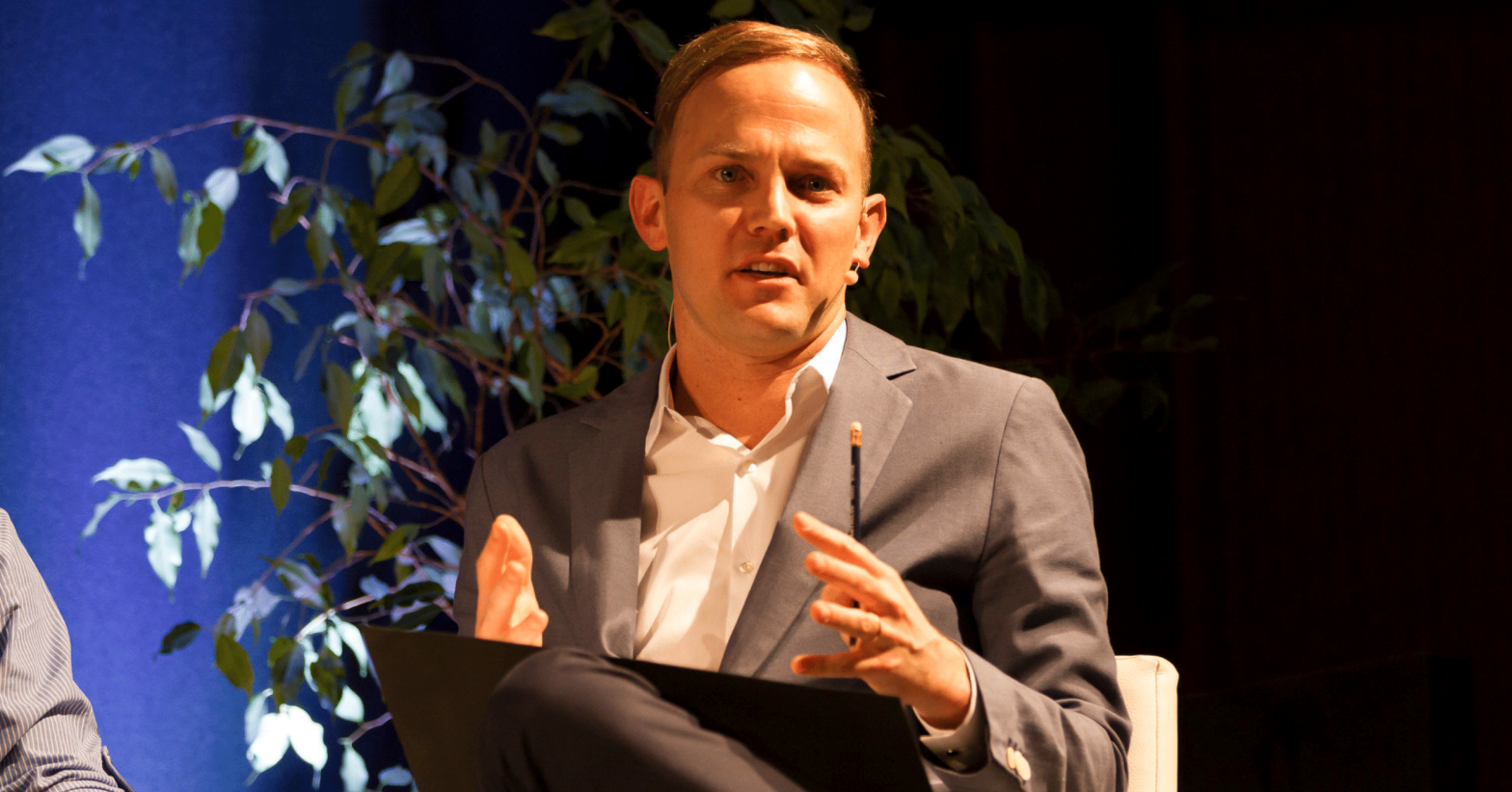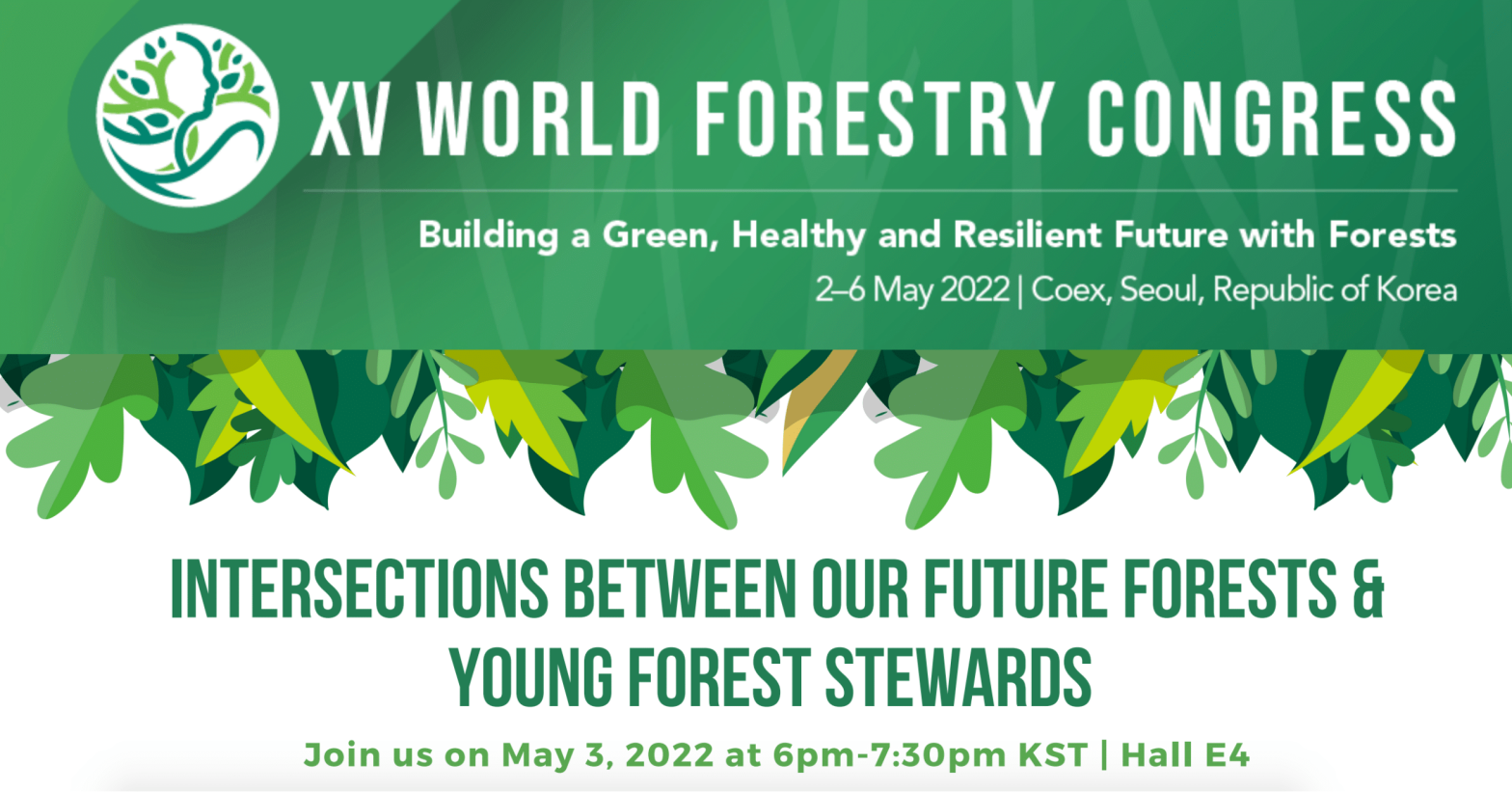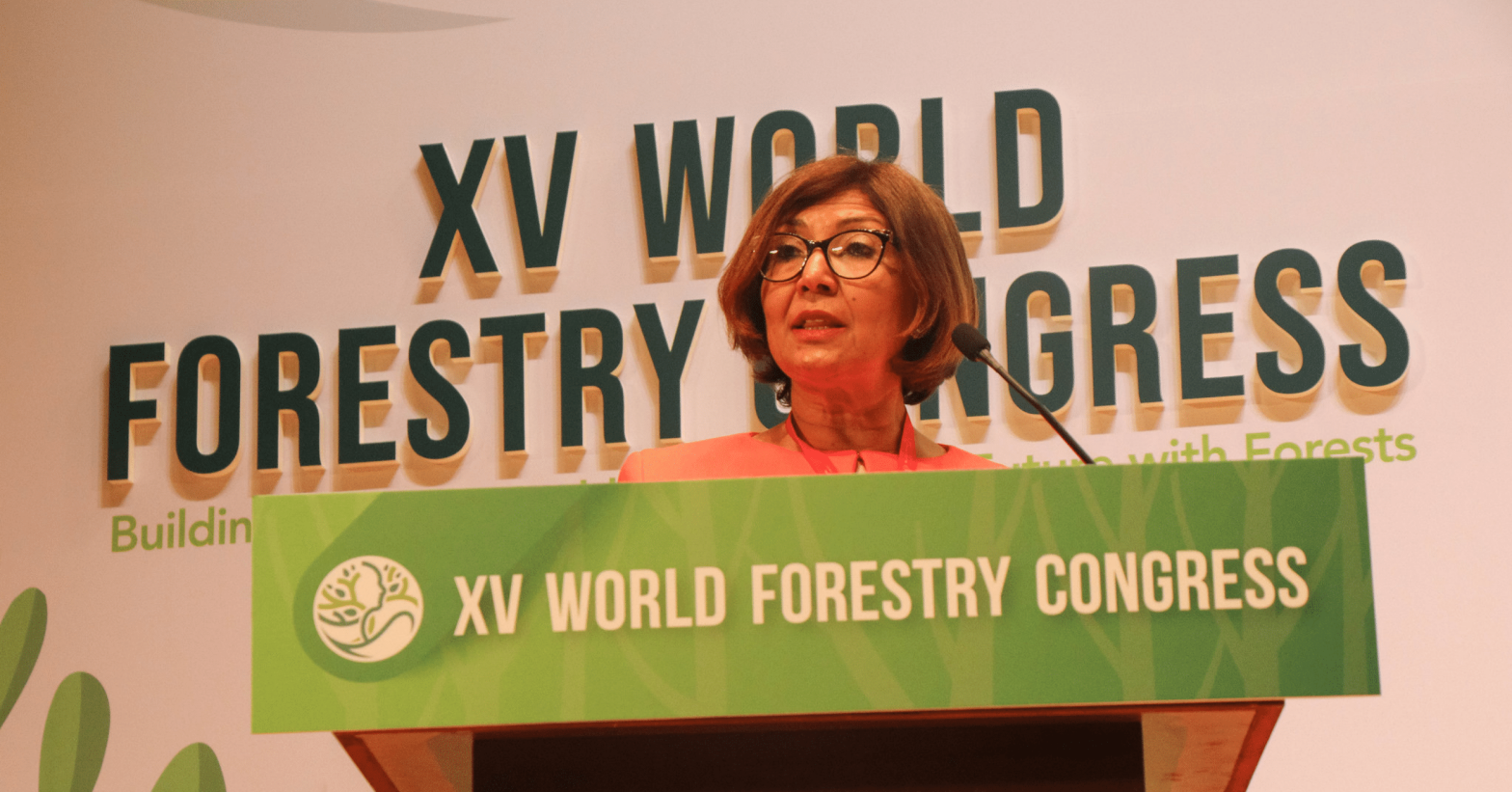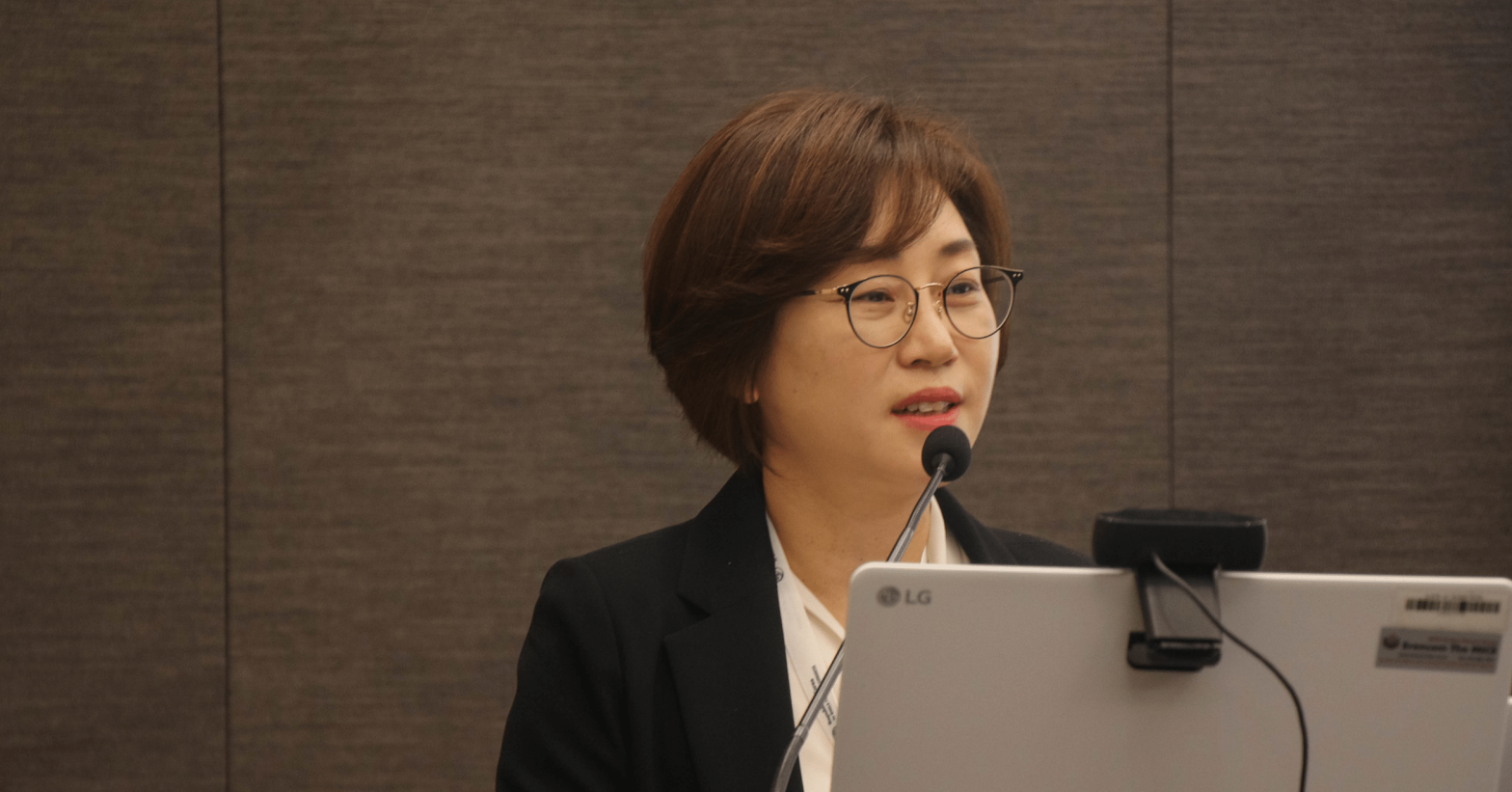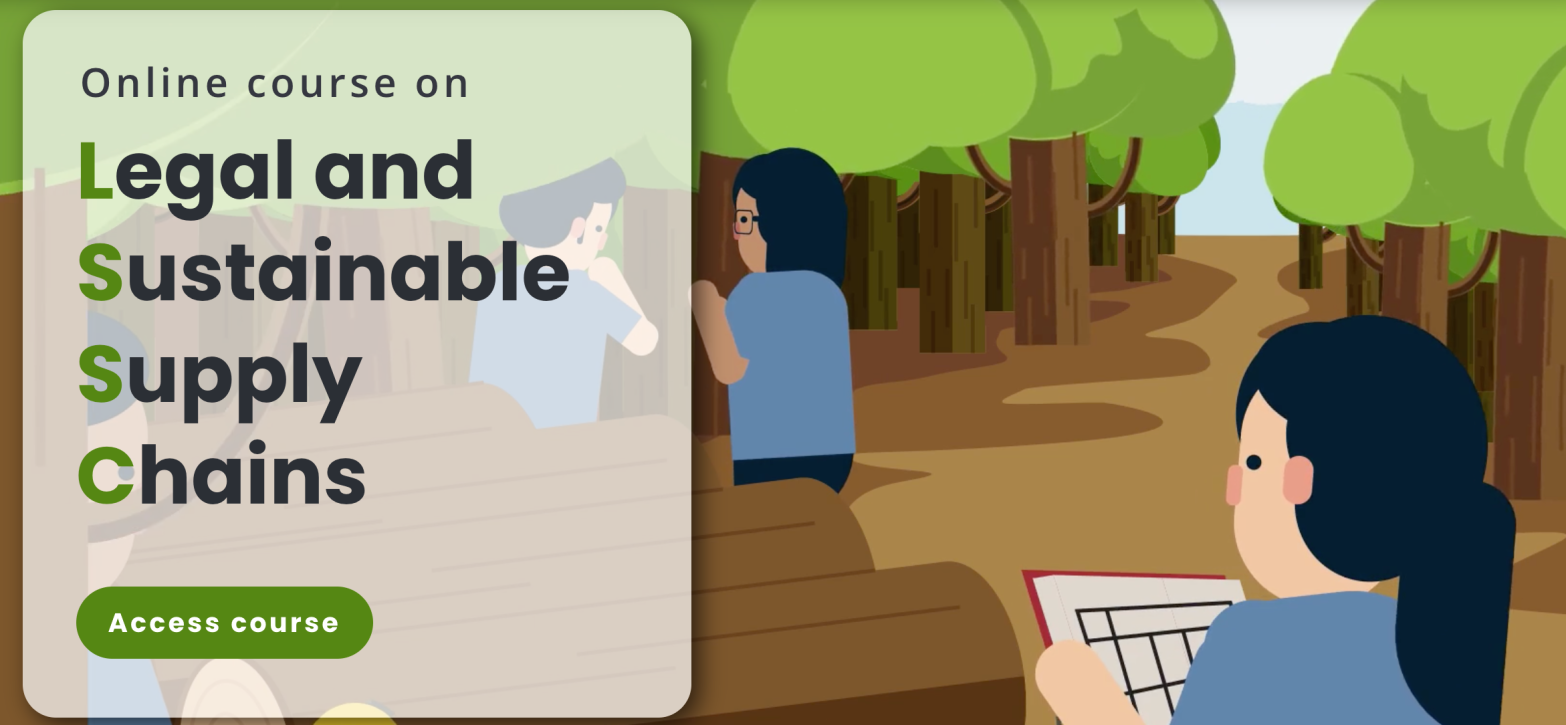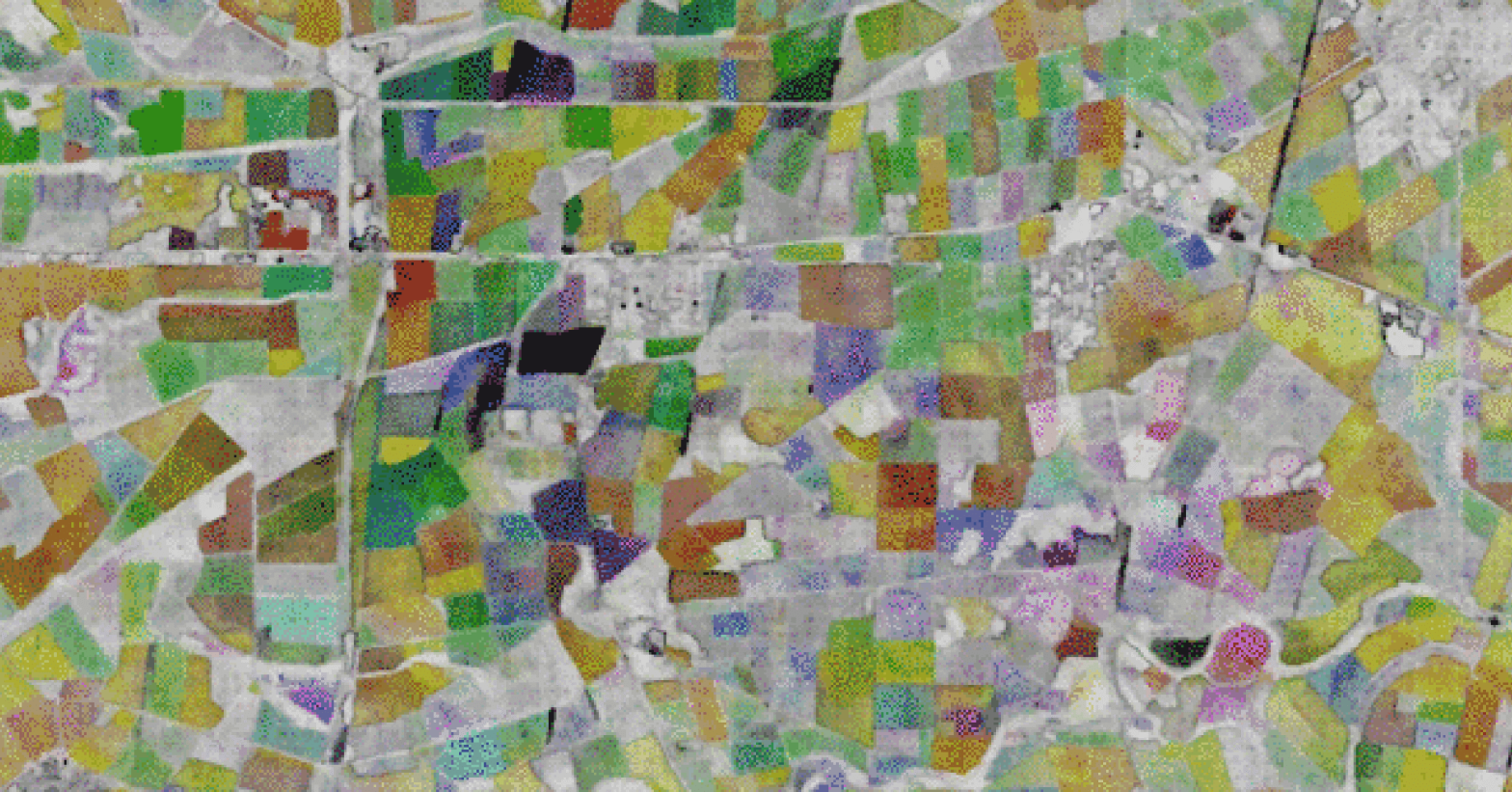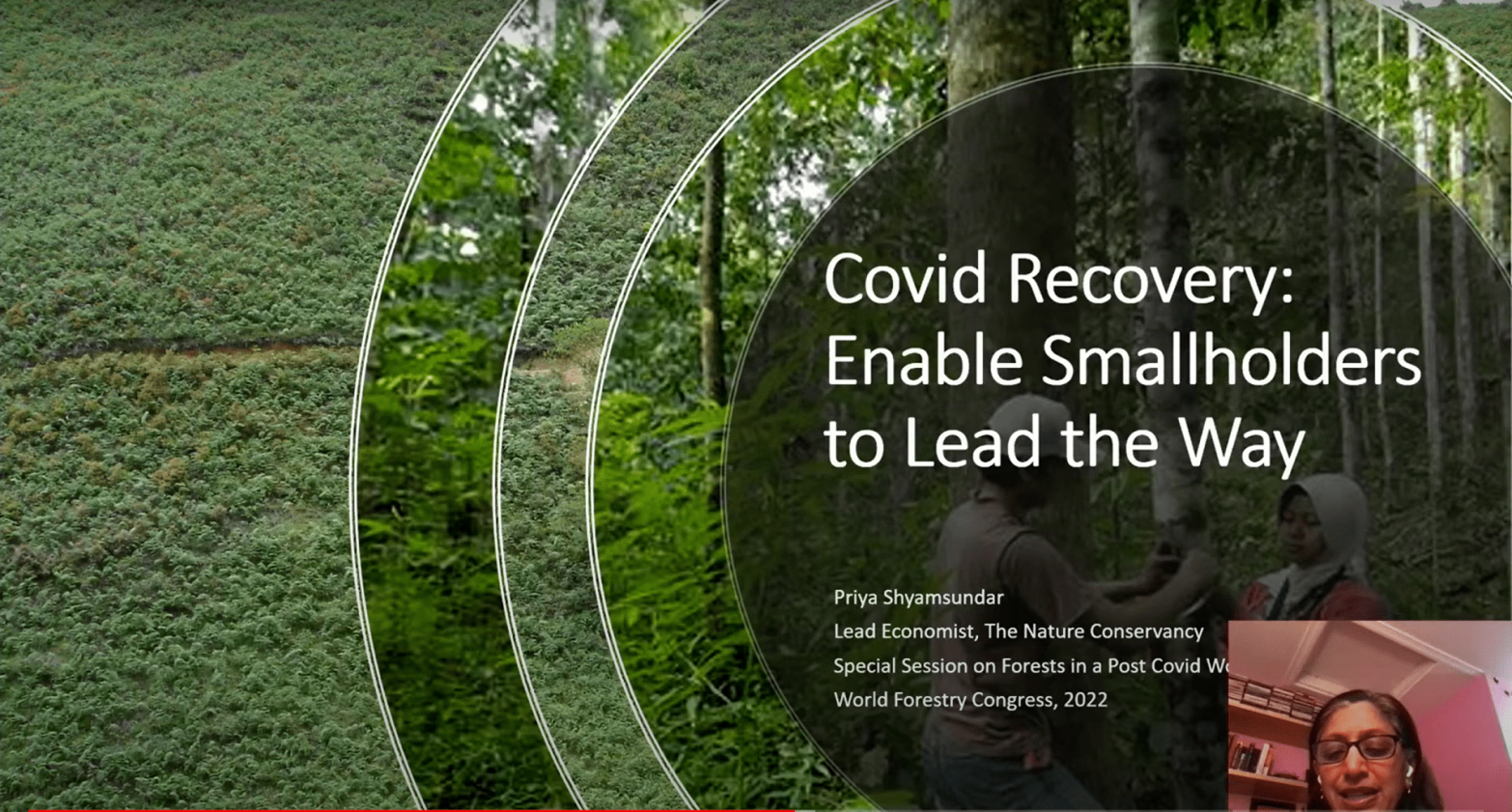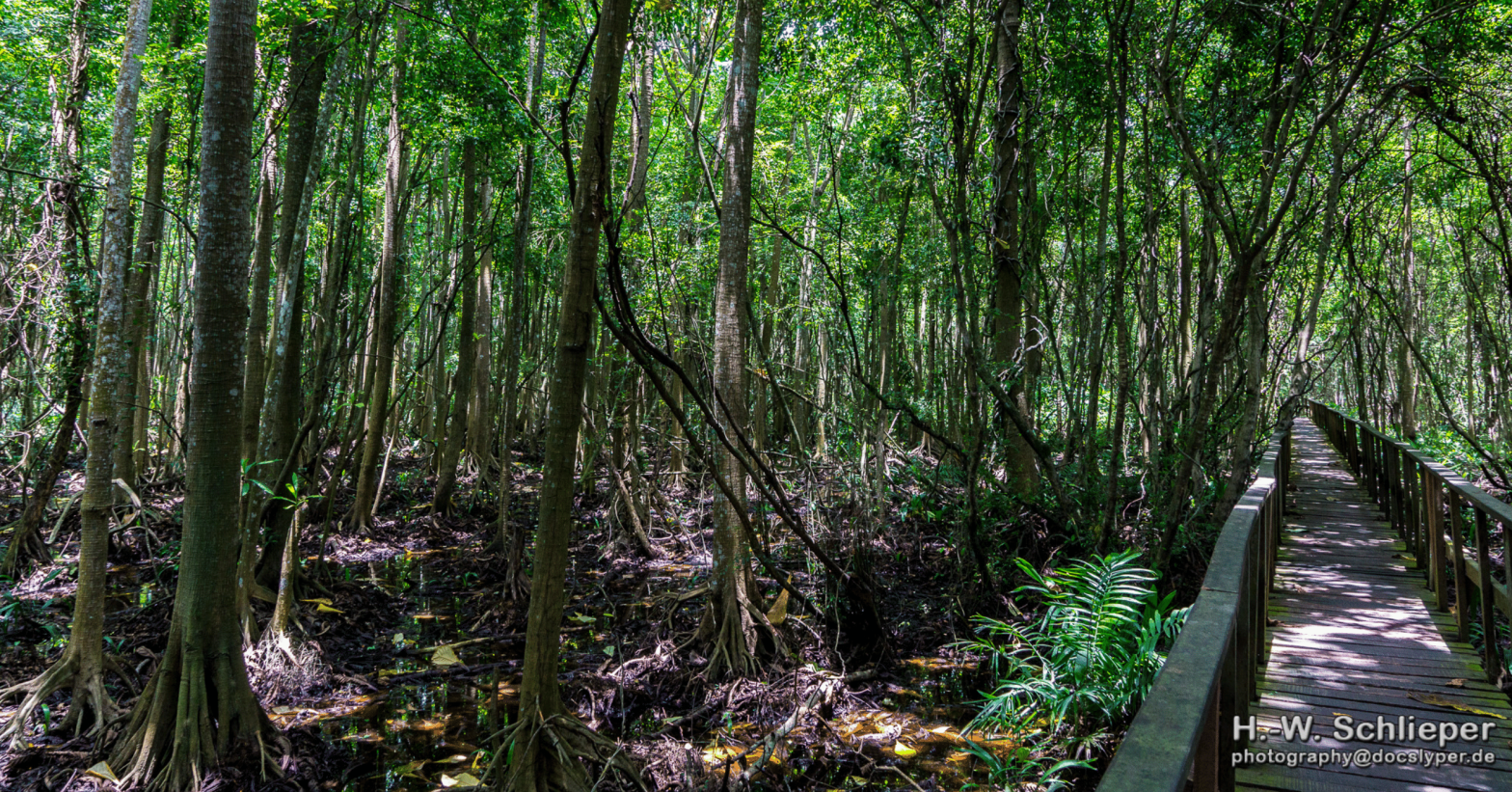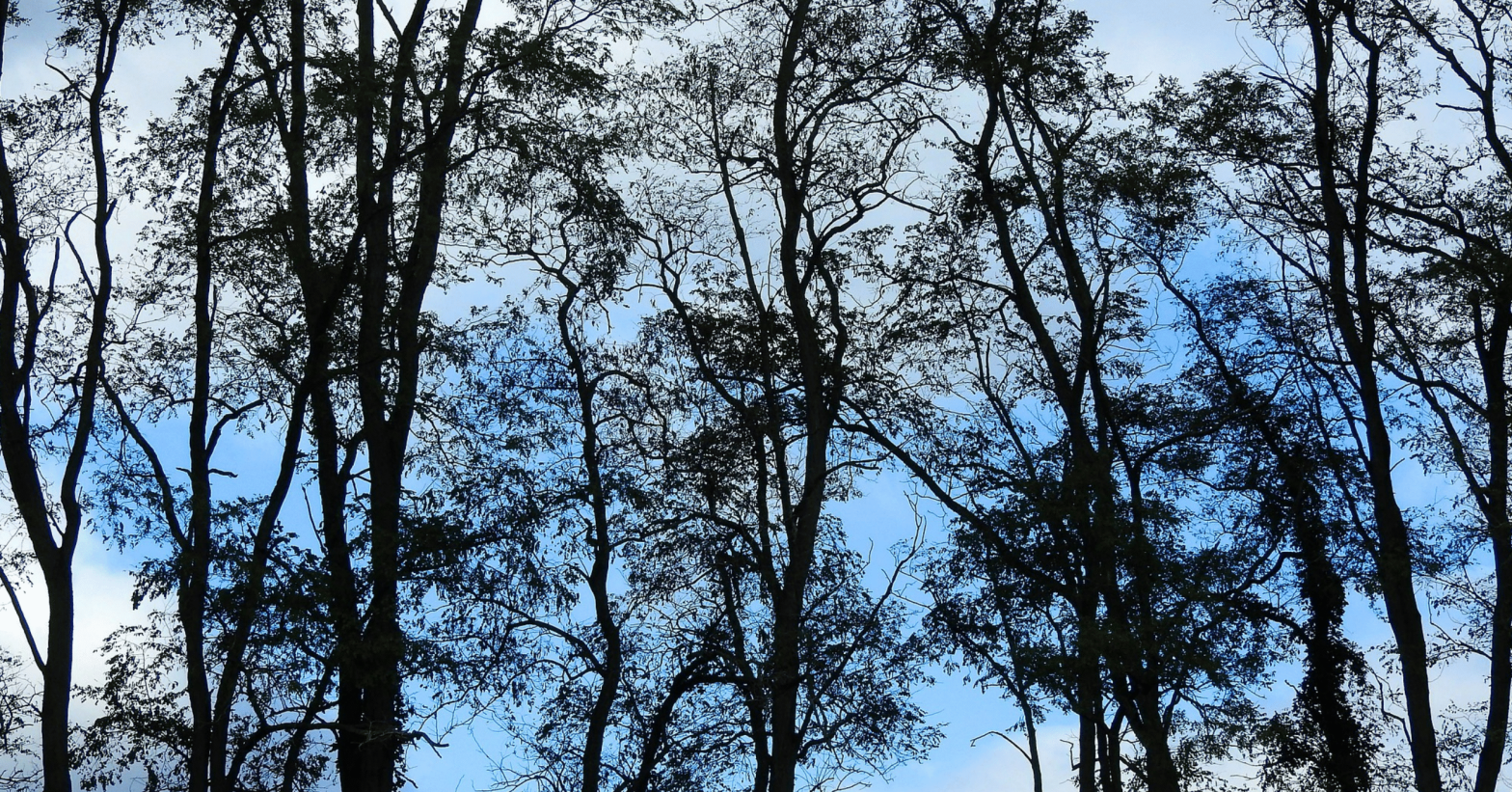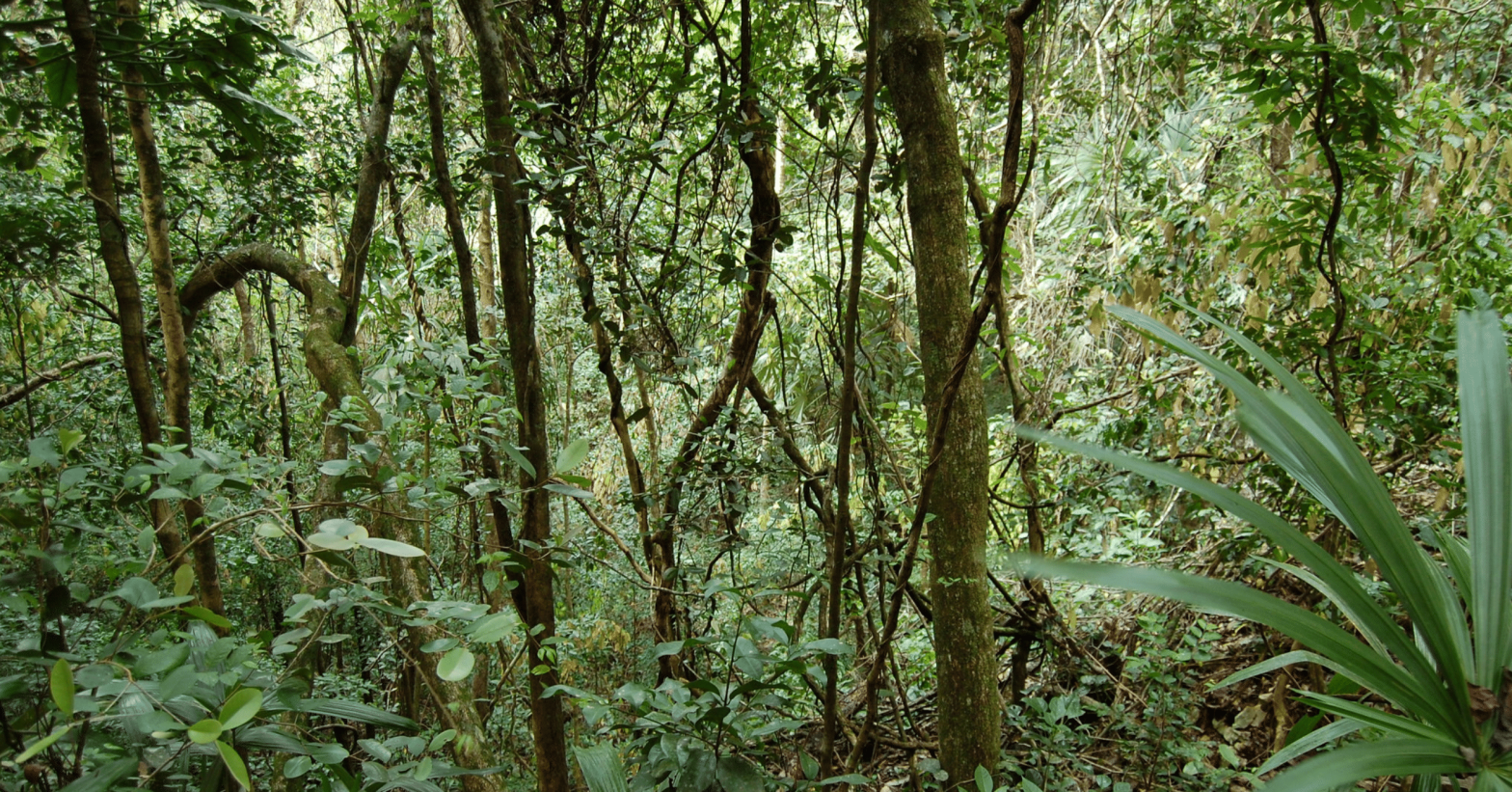In this interview recorded at the XV World Forestry Congress, Robert Grace, Founding Partner of M&C Saatchi Abel, South Africa, says he has been working with the FAO Forest Communicators Networks for 6 years. He has come to the conclusion that the communications challenges are similar between what he does and the development communications sector:Continue reading “Robert Grace | How to take complex messaging and turn into motivating stories that get people to act”
Category Archives: Managing and communicating forest information and knowledge
A conversation exploring the intersection between our future forests and young forest stewards
By Ritikaa Gupta, Canada On day two of the XV World Forestry Congress, a fireside-style chat, “A conversation exploring the intersection between our future forests and young forest stewards” took place among a panel of intergenerational forest professionals from Africa, Asia and the Americas. From a forest engineer to a trade forester, a sociologist, aContinue reading “A conversation exploring the intersection between our future forests and young forest stewards”
Shifting from problem-based reporting to solutions-oriented: a reflection
By Mavic Conde, Philippines ‘Taking action with urgency’, ‘collaboration beyond the forestry sector’, ‘forests as a solution’—what do these pressing messages during the weeklong XV World Forestry Congress have in common? For reporters like me, these serve as a challenge to go beyond problem-based communication to solutions-oriented. After all, we’re also aware now of whatContinue reading “Shifting from problem-based reporting to solutions-oriented: a reflection”
Early outdoors and forest education: An integral part of improving the health of both the environment and society
By Theri Reichlin, Switzerland In light of the ever-increasing frequency and intensity of natural catastrophes all over the world, the side event “Forest education for children: innovations in learning for a sustainable future”, held as part of the XV World Forestry Congress, explored ways forward for effective forest communication and education at country, regional and globalContinue reading “Early outdoors and forest education: An integral part of improving the health of both the environment and society”
Digital innovations filling gaps in forest education
By Leila Rossa Mouawad, Lebanon One of the common challenges in forest education worldwide is the lack of core curriculum; which means that neither students nor teachers have a place to discuss the essence of forestry. This was just one of the issues raised during the side event Forest education for children: innovations in learning forContinue reading “Digital innovations filling gaps in forest education”
Monitoring forests to restore ecosystems
By Ritikaa Gupta, Canada At the XV World Forestry Congress sub-theme 5 session on Monitoring the Forests to Restore Ecosystems, a new framework was launched. The framework is designed to monitor and report on the progress of restoration efforts throughout the duration of the UN Decade on Ecosystem Restoration. The Framework for Ecosystem Restoration MonitoringContinue reading “Monitoring forests to restore ecosystems”
Post-COVID recovery: Can smallholders lead the way?
By Mavic Conde Tropical countries, like those found in Southeast Asia, are home to agricultural lands, the majority of which are cultivated by smallholder farmers. Ninety-four percent of these farms are five hectares or smaller. Collectively, smallholdings account for 72 percent and 60 percent of farmland in lower and lower-middle-income families and contribute 70 percentContinue reading “Post-COVID recovery: Can smallholders lead the way?”
Prospects of exploitation of religious beliefs in conservation of biodiversity
By Mukhtar Mobolaji Abdulquadir, Nigeria. In Nigerian tertiary education, as part of any undergraduate course, a requirement of completion before awarding the certificate is an undergraduate thesis. For my final year project as a student…
Bridging forestry and cultures
By Kyle Joseph G. Quijano, the Philippines. The pandemic has put the world on a big halt — it kept students away from their schools, forced professionals to leave their fieldwork and have a work-from-home…
Leveraging open data to track Belize’s progress on SDG Target 15.2 – An open science approach
By Emil A. Cherrington, USA The “Climate-influenced Nutrient Flows and Threats to the Biodiversity of the Belize Barrier Reef Reserve System” – short-titled as the BZ-SDG – project is an ongoing effort funded by NASA’s Earth Science Division, and implemented by the University of Alabama in Huntsville (UAH), the Wildlife Conservation Society (WCS), the UniversityContinue reading “Leveraging open data to track Belize’s progress on SDG Target 15.2 – An open science approach”
